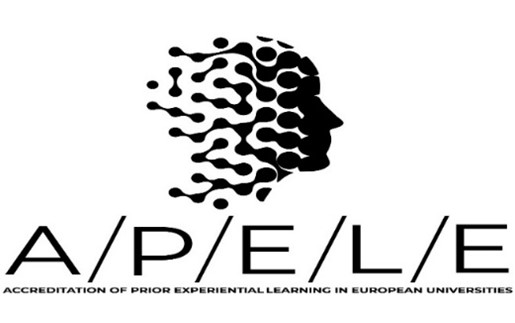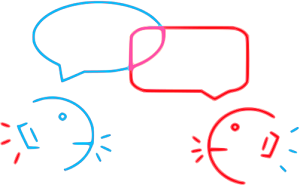Accreditation of prior experiential learning in European Universities – APELE
The purpose of the project is to record how prior experiential learning is recognised in different European countries for people with fewer opportunities, and how to provide them with access to studying in Higher Educational Institutions in Europe (Universities). Different organisations from different participating countries will work together, pool knowledge and experience in order to establish an evaluation method and tools for final stakeholders, which will evaluate the accessibility of Higher Education for people with fewer opportunities.
Specific objectives are:
· Promoting the interconnection and networking of cross-border learning communities.
· Improving the attractiveness and accessibility of available opportunities for study in Universities in Europe.
· Foster social inclusion through entry in Universities.
· Promoting intercultural competence, European integration and active European citizenship.
· Record the existing situation in each country in relation with the Bologna declaration and EQF.
· Propose a common evaluation way of accreditation of prior experiential learning.
· Enable stakeholders to identify and gain a deeper understanding of building a personal portfolio.
· Identify structural barriers and common weaknesses in the recognition process
The project overview
What are the conditions and barriers for entering Higher Education
as a migrant, refugee or a person with fewer opportunities?
What are the responsive measures and methodologies for accrediting prior learning
so to facilitate prospective students to access tertiary education?
The project Accreditation of prior experiential learning in European Universities (APELE) addresses both questions by examining the legal framework and real accreditation procedures in four European countries (Denmark, Iceland, Italy and Greece). APELE major findings were based on detailed needs analysis of target groups (including migrants) and recorded perceptions, attitudes and good practices of academics and policy makers, regarding the current status as well as future possibilities and methods for the recognition, accreditation and certification of prior experiential learning.
The consortium (including the University of Patras, Laboratory of Pedagogical Research and Lifelong Education) through this Erasmus+ funded initiative has proposed that autonomously created personal portfolios constitute a more effective methodology for accrediting previous skills acquired throughout lifelong and life wide learning processes. The APELE project revealed that removing institutional barriers is of paramount importance so to integrate students who follow non-traditional paths to university and increase their future socioeconomic prospects.
Web: http://www.apele.eu/
Fb: https://www.facebook.com/apele.eu

